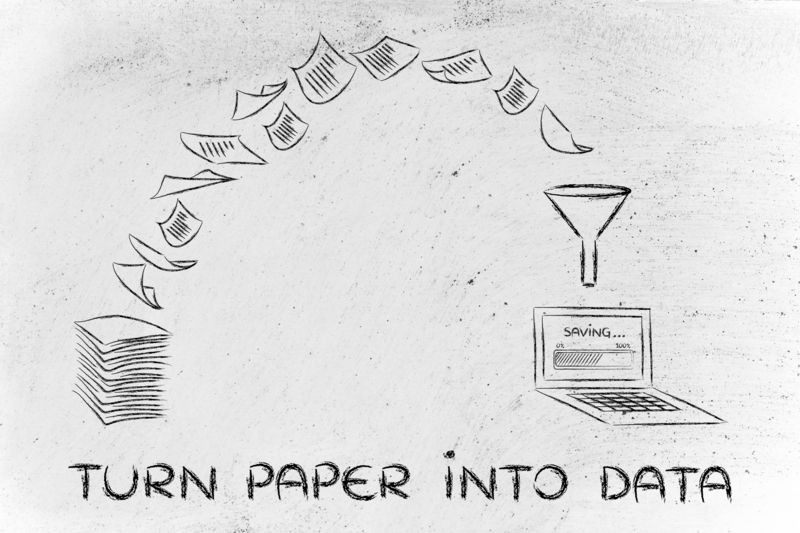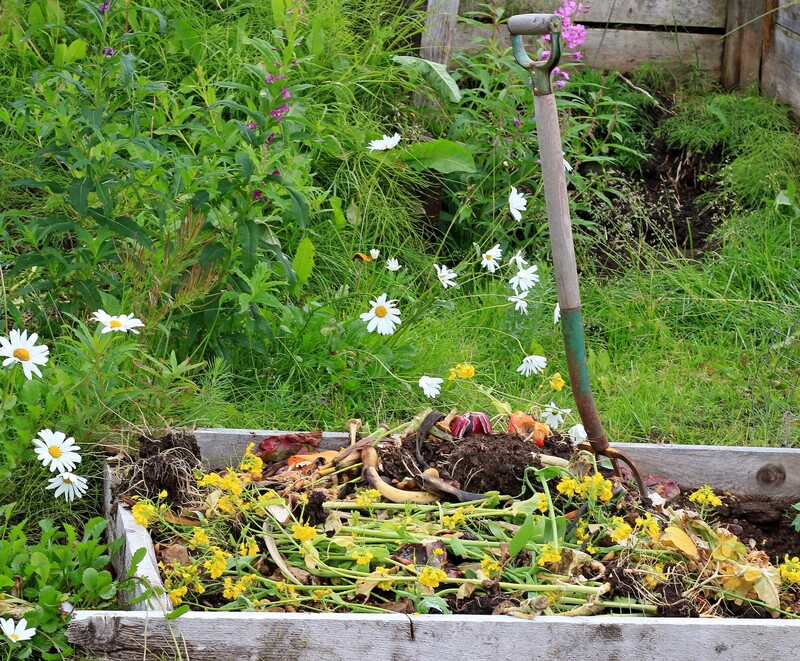How to Responsibly Recycle Your Old Kitchen Cookware
Have you recently upgraded your kitchen or rediscovered a pile of battered pans in the back of your cupboard? Instead of sending old kitchen cookware to landfill, discover how recycling can benefit the environment, your community, and even your wallet. Learn how to responsibly recycle your old pans, pots, utensils, and bakeware with this comprehensive guide.

Why Should You Recycle Kitchen Cookware?
Old kitchen cookware can be made from a mix of materials including aluminum, cast iron, copper, stainless steel, ceramic, and non-stick coatings. Each year, tons of used cookware ends up in landfills, taking centuries to degrade and releasing harmful substances into the soil and water. Recycling cookware not only reduces environmental impact but also conserves valuable materials that can be repurposed.
- Environmental Preservation: Metals used in cookware can pollute ecosystems if discarded improperly.
- Resource Conservation: Recycling metals saves energy and raw materials required for new production.
- Reduce Waste: Diverting old cookware from landfills conserves space and cuts greenhouse gas emissions.
Step-by-Step Guide: How to Responsibly Recycle Kitchen Cookware
Recycling cookware isn't always as simple as tossing items in the recycling bin. Follow these steps to ensure your pots and pans get a second life:
1. Assess the Condition
Begin by examining your cookware:
- If still usable: Consider donation or repurposing.
- If damaged: Seek recycling or upcycling options.
*Ask yourself: Could someone else use this item? Some cookware with minor scratches or cosmetic wear is still functional for others.*
2. Donate Usable Cookware
If your old pots and pans have life left in them, donation is the most sustainable first step. Many organizations will accept:
- Goodwill or Salvation Army
- Shelters and community kitchens
- College students or newly independent individuals
- Online marketplaces or freecycle groups
Before donating: Clean thoroughly, check for cracks, and ensure handles and lids are secure.
3. Repurpose or Upcycle
Transform your old kitchen cookware into something useful or decorative:
- Planter pots, herb gardens, or outdoor decor
- Saucepans as craft containers or organizing bins
- Creative art projects--walls or yard art, wind chimes
This keeps items out of landfills while sparking creativity!
4. Identify the Material
The recycling process depends heavily on the material. Common cookware materials include:
- Stainless Steel: Highly recyclable; can be taken to most metal recyclers.
- Aluminum: Lightweight, rust-free, almost universally accepted.
- Copper: Valuable for scrap yards; fetches a high recycling price.
- Cast Iron: Dense and durable--sealed or non-coated versions are straightforward to recycle.
- Non-stick or Teflon coated: More challenging due to chemical coatings; some facilities accept them, others do not.
- Ceramic or Glass Cookware: Require special handling--check with your local facility.
5. Find a Suitable Recycling Center
Not every curbside recycling program accepts cookware. To find the right facility:
- Consult your municipality's recycling guidelines.
- Use online directories like Earth911.com or call local scrap yards.
- Contact kitchenware brands about take-back programs (some offer recycling for their own products!).
Pro-tip: Scrapyards are often your best bet, especially for metal cookware. They'll be able to recycle most pots and pans (after removing any non-metal parts like handles or lids).
6. Prepare Your Cookware for Recycling
Take these steps to ensure your old cookware is ready for recycling:
- Remove plastic or wooden handles.
- Take off lids unless they are also metal or glass.
- Clean off food residue and grease.
- Separate materials (remove glass lids, disassemble mixed-material pans).
This makes the recycling process easier and more efficient.
7. Special Considerations by Material
- Non-stick Cookware: Older non-stick pans may contain PFOA (a harmful chemical banned in many places). Do not burn or put these items in standard recycling. Check with hazardous waste programs or specialized recycling centers.
- Cast Iron: While recyclable, it is also easily restored. Consider seasoning and gifting to someone or selling as vintage kitchenware before recycling.
- Glass and Ceramic: These require separate recycling; mixing with glass bottles or jars can cause problems at the sorting facility.
Other Responsible Disposal & Recycling Options
1. Manufacturer Take-back and Trade-in Programs
Some top kitchen brands offer recycling, take-back, or trade-in initiatives. For example:
- Calphalon: Offers a ReNew recycling program for aluminum cookware.
- Le Creuset: Occasionally runs trade-in promotions for cast iron cookware.
- T-fal and others: Work with organizations to recover old pans for recycling.
2. Retail Store Collection
Big-box stores like Williams Sonoma, Sur La Table, or specialty appliance shops sometimes host recycling events for cookware or offer discounts if you trade in your worn items.
3. Mail-in Recycling Solutions
Some organizations and programs (such as TerraCycle in select regions) will allow you to mail in tricky-to-recycle items, including some non-stick cookware and bakeware.
Common Questions About Recycling Old Kitchen Cookware
Can I Put Pots and Pans in My Recycling Bin?
Usually, no. Most curbside recycling programs do not accept cookware because of the mixed materials and size. They can damage sorting machinery. Always check with your municipality or take items directly to a metal recycler.
What Should I Do If My Pots and Pans Have Plastic or Wooden Handles?
You'll need to remove these parts before recycling the metal. If they can't be removed, some scrap yards will still accept the pan but may deduct from the scrap value or require you to pay a fee.
Can Non-stick Cookware Be Recycled?
This depends on the local recycling facility. The non-stick coating (especially Teflon) complicates the recycling process and may require special handling. Some recycling centers now accept non-stick pans if the handles are removed, but always call first to check their policy.
How Can I Repurpose Old Kitchen Cookware Instead of Recycling?
Repurposing is fun and eco-friendly. Try:
- Turning a saucepan into a quirky plant pot
- Using a colander as a hanging light fixture
- Building a kitchen-themed bird feeder with a frying pan
- Crafting a clock from an old tin lid
Tips for Extending the Life of Your Cookware
While responsible recycling is important, prolonging the usability of your kitchen cookware is even better for the planet. Here's how:
- Proper Cleaning: Use non-abrasive cleansers and tools.
- Season Cast Iron: Regular seasoning prevents rust and damage.
- Avoid Overheating: Extreme heat can warp or degrade coatings.
- Repair Minor Damage: Tighten loose handles, replace small screws or knobs.
- Follow Manufacturer's Instructions: For both use and cleaning to maximize lifespan.
Benefits of Recycling Cookware
- Reduces mining and extraction: Recycled metals require far less energy than mining new resources.
- Prevents pollution: Keeps heavy metals and chemical coatings out of soil and groundwater.
- Saves money: Scrap yards may pay for valuable metals like copper and aluminum.
- Supports your community: Donations help those in need and reduce demand for new products.
The Bottom Line: Make Cookware Recycling a Habit
Recyclable kitchenware is a valuable resource--not trash. By following the steps above, you:
- Help protect the environment
- Reduce waste and pollution
- Support local communities and charities
- Encourage sustainable habits in your family
Whether your cookware is metal, ceramic, glass, or non-stick, always check local guidelines and seek out the best recycling or donation solution in your area. Every pan recycled is a win for the planet!

Additional Resources for Cookware Recycling
- Earth911 Recycling Search - Enter your zip code to find recycling drop-offs near you.
- TerraCycle - Mail-in recycling programs for hard-to-recycle waste.
- Goodwill Donation Locator - Find donation centers for gently used cookware.
Conclusion: Embrace the Circular Kitchen
Responsible recycling of your kitchen cookware is a small step that creates a big environmental impact. Even if your pots and pans have seen better days, they have immense value when reused or properly recycled. So, before tossing your old cookware in the trash, ask yourself: Can this item have a second life? By adopting eco-friendly recycling practices and spreading the word, you'll help build a cleaner, greener future--one kitchen at a time.